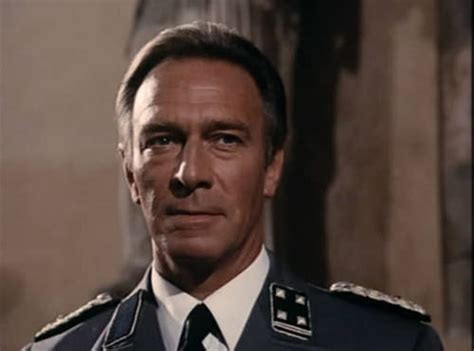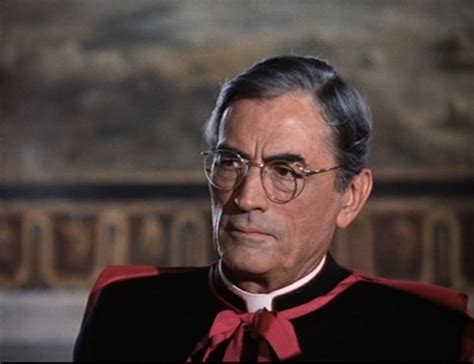|
Word Gems
exploring self-realization, sacred personhood, and full humanity
Editor's Essay
Human Potential
|
What does it mean to be a great man or woman?
|
return to "Human Potential" main-page
The question “What is a great man or woman” subsumes much of the world’s thinking; however, not always to good end and purpose.
"Greatness," like "success," will be defined according to one's value system.
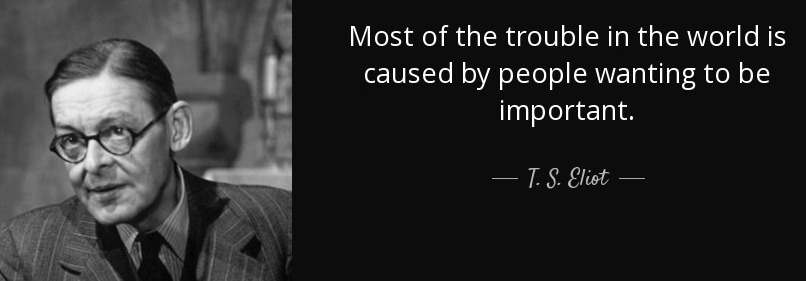
This is a very large subject; as such, brevity will rule my offering here. I will direct you, if I may, to one of my “quantum mechanics” articles, the story of how J.J. Thompson discovered the electron in 1897.
Thompson's influence issued as excellent example of what could be called greatness. From the ranks of those who worked with him at the Cavendish labs, nine students went on to win a Nobel Prize.
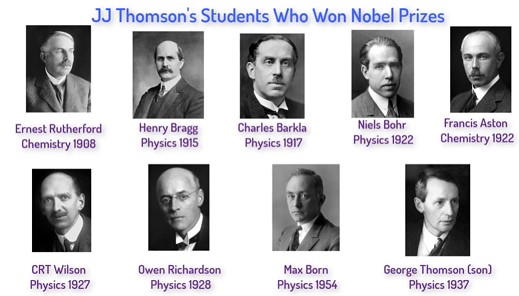
This superfluity of outsized achievement, within close quarters, could not have happened by accident.
Anybody older than 14 will know, very well, that most, nearly all, supervisors or co-workers – at church, in family, at work, at school, in sports, in politics - will attempt to steal your glory for a job well done.
In fact, the better you do, the more talented you are, the more they will attack you, attempt to keep you down, speak against you for your good deeds, and otherwise seek to dishonor you. Welcome to the world.
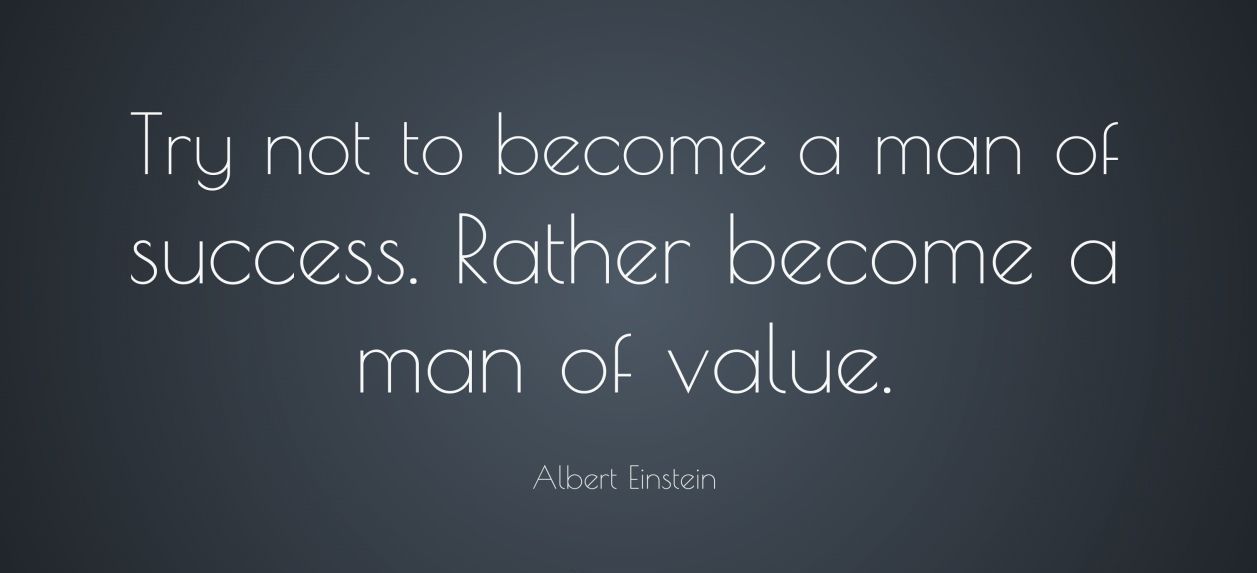
how greatness is measured in hell
What does it mean to be a great man or woman? In our egoic world it usually means amassing great wealth, gaining the greatest number of toys, the biggest mansion, having your name known by everyone, and, especially, achieving the most power over others. This is how they measure greatness in hell.
But there’s another definition of greatness, one that's enshrined as enduring natural law in the next world – that soon-coming world, one missed heartbeat away - wherein all of the former definitions of success will be scorned and discarded as rubbish.
I invite you to read a short discourse on the J.J. Thompson page concerning the essence of authentic human greatness. You’ll find it near the photo of the “nine students.” Again, so much could be said on this subject, but you yourself will fill in the blanks.
READ MORE
|
'winning' redefined
For the ego,”winning” means “I get more” - more money, more trophies, more promotion, more glory. The ego craves this enhancement because it feels small, unworthy, inadequate, so “not enough.”
But what if we could live from a foundation of “I am enough”, that of the “true self”? What would “winning” mean then? In this case, we’d be entertaining inner dialogue of “How can I further the advancement of society? What good word or deed might I perform to help someone along their way? Is there a strategic sacrifice I might allow in order to honor Mother-Father God in my life?”
|
|
Life In Two Spheres, or Scenes in the Summerland, by Hudson Tuttle, channeled testimony from the other side. The speaker of the following is known as "the ancient Sage," a resident of Summerland, it seems, for nearly 3000 years:
“There is no soul made in vain in creation; and if man cannot be developed on earth, He will have an eternity in which to expand hereafter. Men look on the surface when they speak of greatness. Very few kings, lordlings, or autocrats are great; he alone is truly great, who not only has love, not only philanthropy, not only wisdom, but all of these combined into one harmonious whole. Then harmonize your being; make this the object of your lives. Eradicate your peculiar evils one by one, with a firm faith in success…
“Every man and woman should consider [him or herself] individual sovereigns, to think and to act as best pleases... if they do not infringe on the rights of others. There should be no conformity except to Nature… To be perfect, thereby great, should be the aim of all. Not as Caesar or Alexander as warriors; not as Laplace and Cuvier in intellect; not as Confucius or Plato in morals; but as all of these combined in one.”
Editor’s note: Near the bottom of the “favorite quotations” page, see comments from Spirit Guides on the profile of the “perfect person.”
|
- Pierre Teilhard de Chardin: "Above all, trust in the slow work of God. Only God could say what this new spirit gradually forming within you will be."
profile of a great man:
Fr. Hugh O'Flaherty
'You're no different than anyone else, are you! all your high talk means nothing! - charity, forgiveness, mercy, it's all lies!'
|
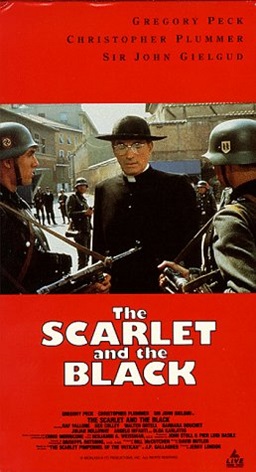
Fr. Hugh O'Flaherty is a Vatican official in 1943-45 who has been hiding thousands of downed pilots, escaped prisoners of war, and Italian Resistance families. His diplomatic status in a Catholic country prevents Gestapo Colonel Kappler from openly arresting him, but O'Flaherty's activities become so large that the Nazis decide to assassinate him the next time he leaves the Vatican. O'Flaherty continues his work, however, in a variety of disguises. Based on a true story.
Fr. Hugh O'Flaherty (Gregory Peck) and S.S. Col. Herbert Kappler (Christopher Plummer), by invitation of the latter, meet under cover of darkness at the fabled Coliseum, just before the Allied liberation of Rome.
Kappler: You’re not afraid that I’ll shoot you? …
O'Flaherty: When it comes down to it, a bullet is the only argument you’ve got.
Kappler: I have my orders. I’m a soldier. I do my duty.
O'Flaherty: You can’t hide behind that, Kappler. Don’t debase the word duty… you think that absolves you of any responsibility?
Kappler: [After a monologue of Germany’s greatness, he says] The Third Reich is the future!
O'Flaherty: How many murderous dictators have talked that kind of rubbish.
[O'Flaherty begins to walk away]
Kappler: Wait! I know about you! I know all about you. They say that you cannot pass a beggar in the street or a lame dog, but that you see yourself with an obligation to look after anyone in trouble. You help British and Americans, Jews and Arabs, refugees, anyone. It’s part of your faith, isn’t that right?
O'Flaherty: I wouldn’t deny it.
Kappler: Brotherly love and forgiveness, that’s the other half of what you believe, true? Well, I have three more for your mercy wagon – my wife and two children. If the partisans get them, they will be killed.
O'Flaherty: You’re asking me to save your family?!
Kappler: Not me, just my family.

O'Flaherty: They’re just part of you!
Kappler: If you really believe what you preach, you’ll do it.
O'Flaherty: You expect me to help you after all you’ve done! You tortured and butchered my friends … After all you’ve done, you want mercy?! I’ll see you in hell first!!
[O'Flaherty walks away in anger]
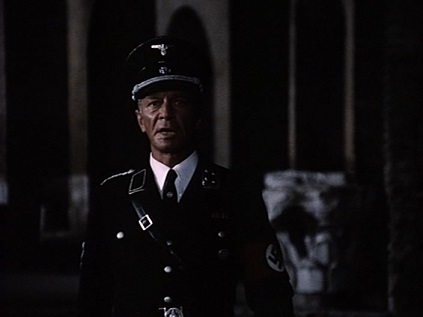
Kappler: You’re no different than anyone else, are you! All your high talk means nothing! Charity, forgiveness, mercy, it’s all lies! YOU HEAR ME?! YOU HEAR ME?! IT’S ALL LIES! Don’t you talk to me about God and humanity! I know what humanity is! It’s one-half power, and the will to use it; the other half, cattle to be led. There is no God, no humanity! [shouting] YOU HEAR ME, PRIEST? YOU HEAR ME? PRIEST?! PRIEST?!
[end of scene]

Kappler, under Allied guard, to his astonishment, learns that his family had not been harmed and, by unidentified agents, had been safely taken to Switzerland.
The S.S. Officer received life imprisonment for war crimes.
During the forthcoming long years he would have only one visitor; each month, Fr. O'Flaherty would come to his cell.
In 1959, 14 years after the Coliseum incident, Kappler was baptized into the faith of his once-adversary!
Editor’s note: I find the heroic altruism, and then the magnanimous forgiving spirit, of Father O’Flaherty very inspiring. This short excerpt from the movie does not do justice to the deeds of a very great man. You’ll want to see this inspiring film for yourself. In this world, if we live selflessly and courageously as did Father O’Flaherty, we will likely not be lauded for our efforts, nor would the true servant even want this; however, another world is coming wherein all that we did, all that we are, all that we've made of ourselves, will not remain hidden.
|
|
Editor's last word:
Those who make themselves into something dishonorable, those who abuse others, in any manner, run the risk, become candidates, for an extended stay in a “dark closet without walls.”
No angry sky-god pronounces judgment, but we, ourselves, our own higher selves, might dispatch oneself to dark detention.
In this self-correction, we discern how we should have been living all along according to the inner dictates of one’s “made in the image” potentialities.
READ MORE on the “Sensibility” page.
|
|



